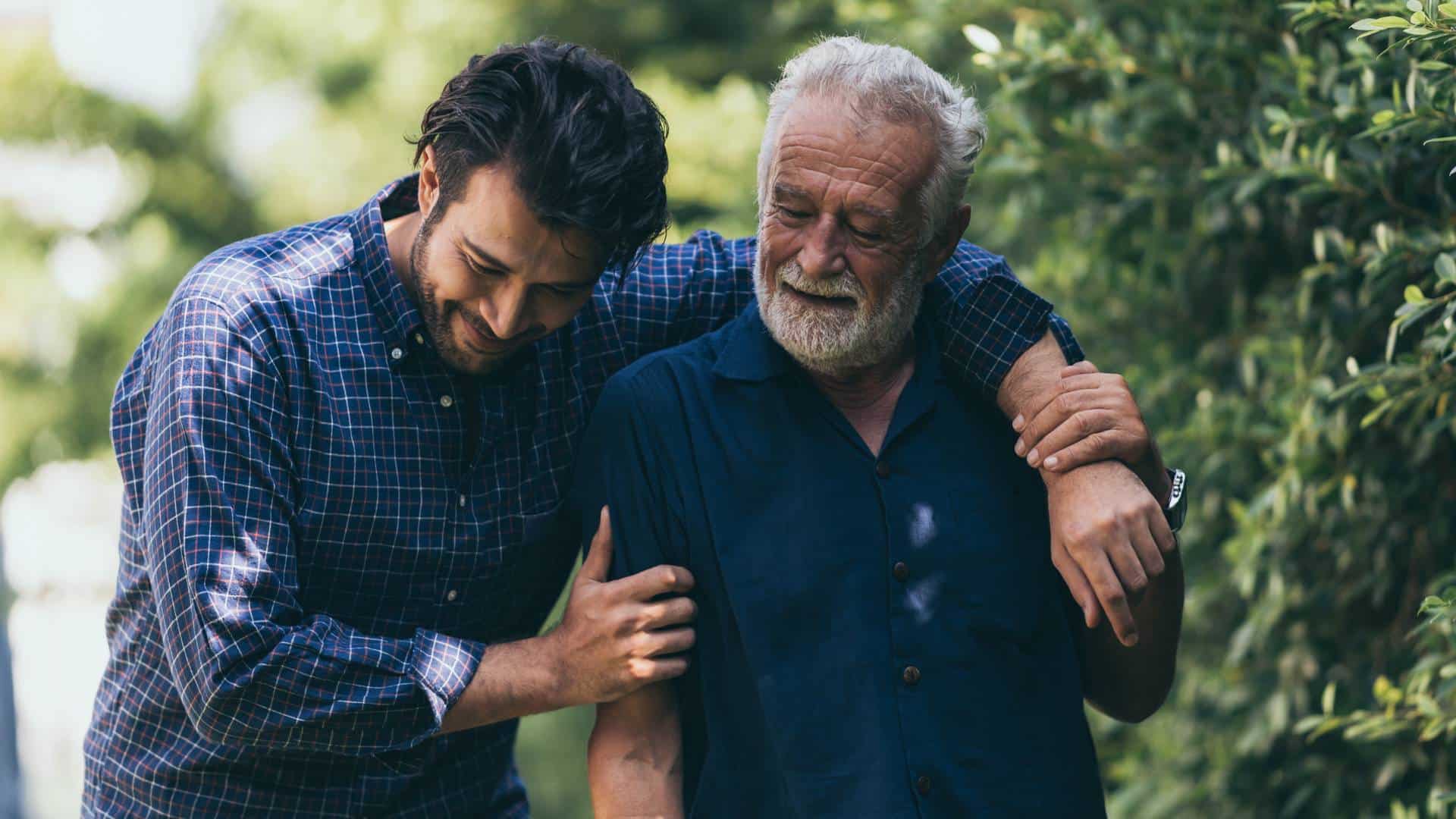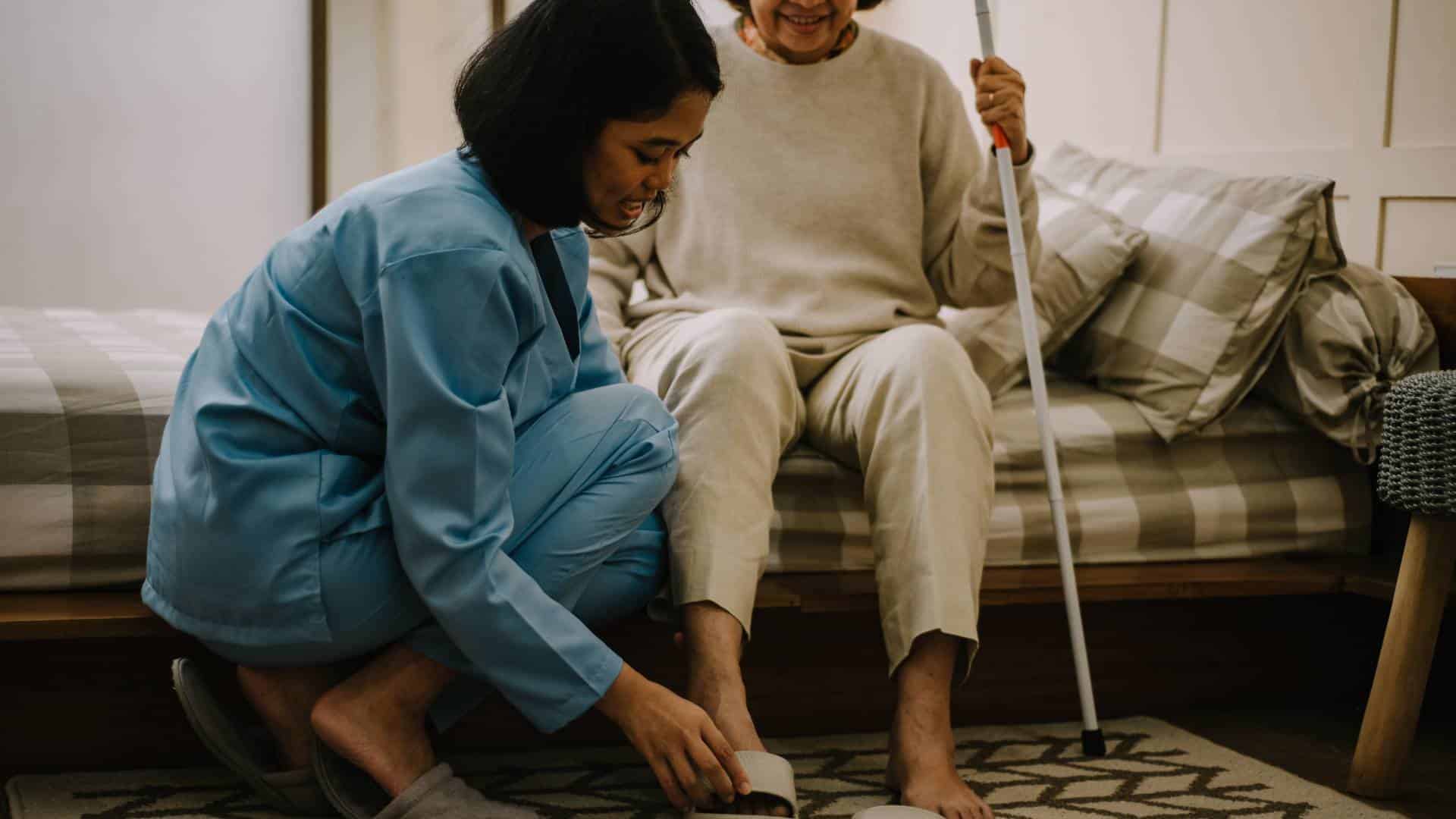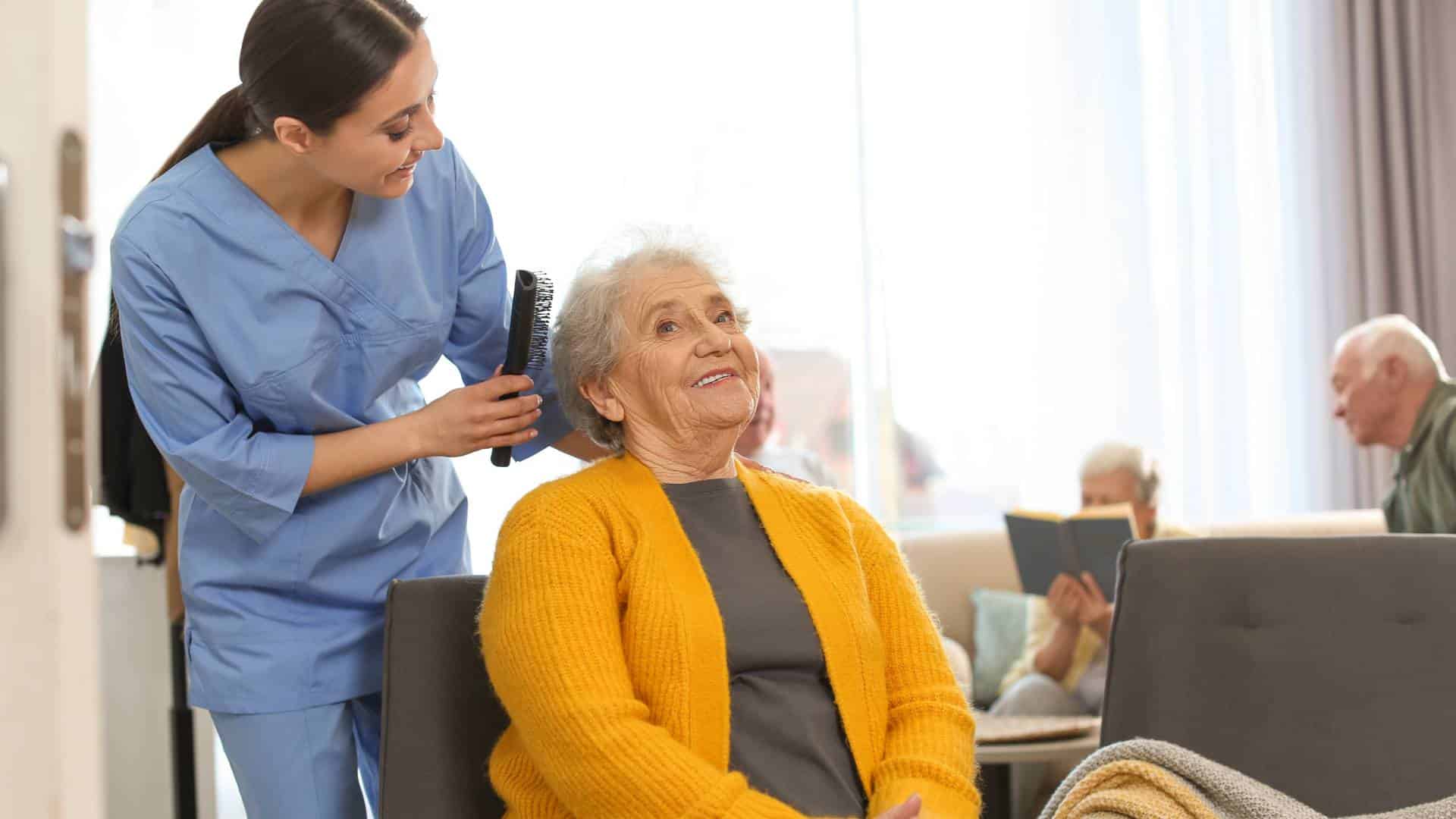As we age, it becomes increasingly important to prioritize our physical and emotional well-being. Personal care plays a crucial role in ensuring that older individuals can lead happy, healthy, and independent lives. In this article, we will explore what personal care entails, why it is so essential, who may require assistance with personal care tasks, as well as practical ways to offer support. Whether you are a caregiver or simply interested in learning more about personal care for older people, read on to discover valuable insights that will help enhance the quality of life for older loved ones. Let's dive in!
What is Personal Care for Older People?
Personal care refers to the assistance and support provided to older people in performing their daily activities, maintaining personal hygiene, and managing their overall well-being. It encompasses a wide range of tasks that aim to promote independence, dignity, and quality of life for older individuals including;
One aspect of personal care involves helping with basic activities such as bathing, dressing, grooming, and toileting. This ensures that older people are clean, comfortable, and able to maintain their self-esteem. Additionally, personal care may involve assisting with mobility aids or transferring from one place to another safely.
Another important aspect of personal care is medication management. Many older adults require regular medications for various health conditions. Caregivers play a crucial role in ensuring that medications are taken correctly and on time. They may help organize pillboxes or administer medications as prescribed by medical professionals.
Meal preparation is also an essential part of personal care. Older individuals often have specific dietary needs due to health issues or restrictions. Caregivers can assist in planning nutritious meals according to these requirements while taking into consideration individual preferences.
Furthermore, personal care includes emotional support and companionship for seniors who may feel isolated or lonely. Spending quality time together through conversations or engaging in hobbies can greatly enhance their mental well-being.
Personal care encompasses a range of services aimed at meeting the unique needs of each older person individually. By providing compassionate assistance with daily activities and promoting overall wellness - physically, emotionally, and mentally - caregivers contribute significantly towards enhancing the lives of elderly individuals.

The Importance of Personal Care
Personal care is a crucial aspect of maintaining the health and well-being of older people. It involves assisting them with various daily activities, such as bathing, dressing, grooming, and medication management. The importance of personal care cannot be overstated as it directly impacts the physical, mental, and emotional well-being of seniors.
Personal care helps older adults maintain their hygiene and cleanliness. Regular bathing and grooming not only promote good health but also boost self-esteem and confidence. It allows them to feel fresh and comfortable in their own skin.
Personal care plays a vital role in preventing infections and illnesses. Older people may have weakened immune systems or chronic conditions that make them more susceptible to infections. By ensuring regular handwashing, proper wound care, and clean living spaces, caregivers can significantly reduce the risk of illness.
Furthermore, personal care promotes independence among older individuals. Assisting them with tasks they may struggle with empowers them to retain control over their lives while ensuring their safety.
Additionally, personal care provides an opportunity for social interaction between caregivers and seniors. Engaging in conversations during these moments fosters companionship and reduces feelings of loneliness or isolation.

Types of Personal Care
When it comes to providing personal care for older people, there are various types that cater to different needs and preferences. Understanding these types can help ensure that the individual receives the appropriate support.
1. Hygiene Care
This involves assisting with bathing, grooming, and oral hygiene. It ensures cleanliness and promotes overall well-being.
2. Mobility Assistance
Some older adults may experience mobility issues, making it challenging for them to move around independently. Providing assistance with walking aids or transfers helps them remain active and reduces the risk of accidents.
3. Toileting Support
Older individuals sometimes need help with toileting due to physical limitations or cognitive impairments. Assisting with using the toilet or managing incontinence is an essential aspect of personal care.
4. Medication Management
Many seniors rely on multiple medications to manage their health conditions. Helping them organize their medication schedule and ensuring they take the correct doses can prevent potential complications.
5. Emotional Support
Personal care extends beyond physical tasks; emotional support is equally important for older people's well-being. Offering companionship, listening actively, and engaging in meaningful conversations can provide comfort and reduce feelings of loneliness.
6. Home Safety Modifications
Making necessary modifications like installing grab bars in bathrooms or removing trip hazards contributes to a safe living environment for older adults.
7. Specialized Care Services
Certain individuals may require specialized personal care services based on specific medical conditions such as dementia or diabetes management. These services cater specifically to their unique needs.
By understanding these various types of personal care, caregivers can tailor their approach accordingly to meet each individual's requirements effectively.

Who Needs Personal Care?
This is a question that many people ask when considering the needs of older individuals. The truth is, personal care can be beneficial for a wide range of people.
First and foremost, older adults who are experiencing physical or cognitive decline often require assistance with daily activities such as bathing, dressing, and grooming. Personal care services can help ensure that these individuals are able to maintain their personal hygiene and overall well-being.
Additionally, those who have chronic illnesses or disabilities may also benefit from personal care. These individuals may require assistance with medication management, mobility support, or specialized treatments. Personal caregivers can provide the necessary support to help these individuals live comfortably and independently.
It's important to note that personal care is not limited to those with specific health conditions. Many older adults simply need some extra help due to age-related changes in their abilities. Whether it's assistance with household chores or transportation to appointments, personal care services can make a significant difference in improving quality of life for these individuals.
Personal care is needed by a variety of people including older adults facing physical or cognitive decline, those with chronic illnesses or disabilities, and even those who just need some extra support due to aging-related changes. Providing personalized and compassionate care allows these individuals to maintain their independence and enjoy an improved quality of life
How to Support and Provide Personal Care for Older People
When it comes to supporting and providing personal care for older people, there are a few key things to keep in mind. Communication is crucial. Take the time to sit down with the person you are caring for and ask them about their needs and preferences. This will help you tailor your approach to their specific requirements.
Safe and Comfortable Environment
Next, create a safe and comfortable environment. Ensure that their living space is clean, organized, and free from hazards that could lead to accidents or injuries. Additionally, make sure they have access to necessary assistive devices such as grab bars or walking aids.
Assist with Daily Activities
Another important aspect of personal care is assisting with daily activities such as bathing, dressing, grooming, toileting, and eating. Be patient and understanding during these tasks as they can be sensitive for some individuals.
Additionally, encourage independence whenever possible. Allow them to do things on their own if they are capable but offer assistance when needed.
Offer Emotional Support
Furthermore, don't forget about emotional support. Older people may experience feelings of loneliness or isolation so it's important to provide companionship by engaging in conversation or participating in activities together.
Take Care of Yourself
Lastly but importantly - take care of yourself! Providing personal care can be physically and emotionally demanding so make sure you prioritize self-care too! Seek support from family members or respite services if needed.
Remember that everyone is unique and has different needs when it comes to personal care. By being attentive, compassionate, and adaptable, you can provide the best possible support for older people in maintaining their dignity, functionality ,and overall well-being
Build your knowledge to support personal care for older people with Community Care Toolkit. Our learning resources are designed to build confidence in all areas of personal care for your loved ones.
Support for Caregivers
Caring for an older loved one can be a rewarding but challenging responsibility. As a caregiver, it is important to remember that you are not alone in this journey. There are numerous resources available to provide support and assistance along the way.
One valuable resource is caregiver support groups. These groups offer a safe space for caregivers to connect with others who are going through similar experiences. Sharing stories, advice, and coping strategies can help alleviate feelings of isolation and provide much-needed emotional support.
In addition to support groups, there are also respite care services available. Respite care provides temporary relief for caregivers by arranging short-term care for their loved ones. This allows caregivers to take breaks, recharge, and attend to their own needs without worrying about the well-being of their loved ones.
Technology has also played a role in supporting caregivers. There are now numerous apps and websites specifically designed for caregiving tasks like medication management or tracking appointments. These tools can help streamline caregiving responsibilities and provide peace of mind.
Build your confidence in your caregiving by seeking learning and upskilling opportunities. Knowledge is power and there are my online training resources available to help you learn how to provide personal care to older people and loved ones.
It is important for caregivers to prioritize self-care as well. Taking time out for activities they enjoy, seeking professional counselling if needed, and maintaining social connections can all contribute to better overall well-being.
Remember that being a caregiver doesn't mean you have to do everything on your own – reach out for support when you need it!
Our Final Thoughts
Providing personal care for older people is not just a responsibility, but also a way to show love and support. It plays a crucial role in enhancing their overall well-being and quality of life. By understanding what personal care entails and the different types of assistance that can be provided, we can ensure that they receive the necessary help to maintain their independence and dignity.
Remember, each individual's needs may vary, so it is important to tailor the support accordingly. Communication, patience, empathy, and respect are key when providing personal care. Additionally, reaching out for professional assistance or caregiver support services can lighten the load for family members or friends who are taking on this role.
